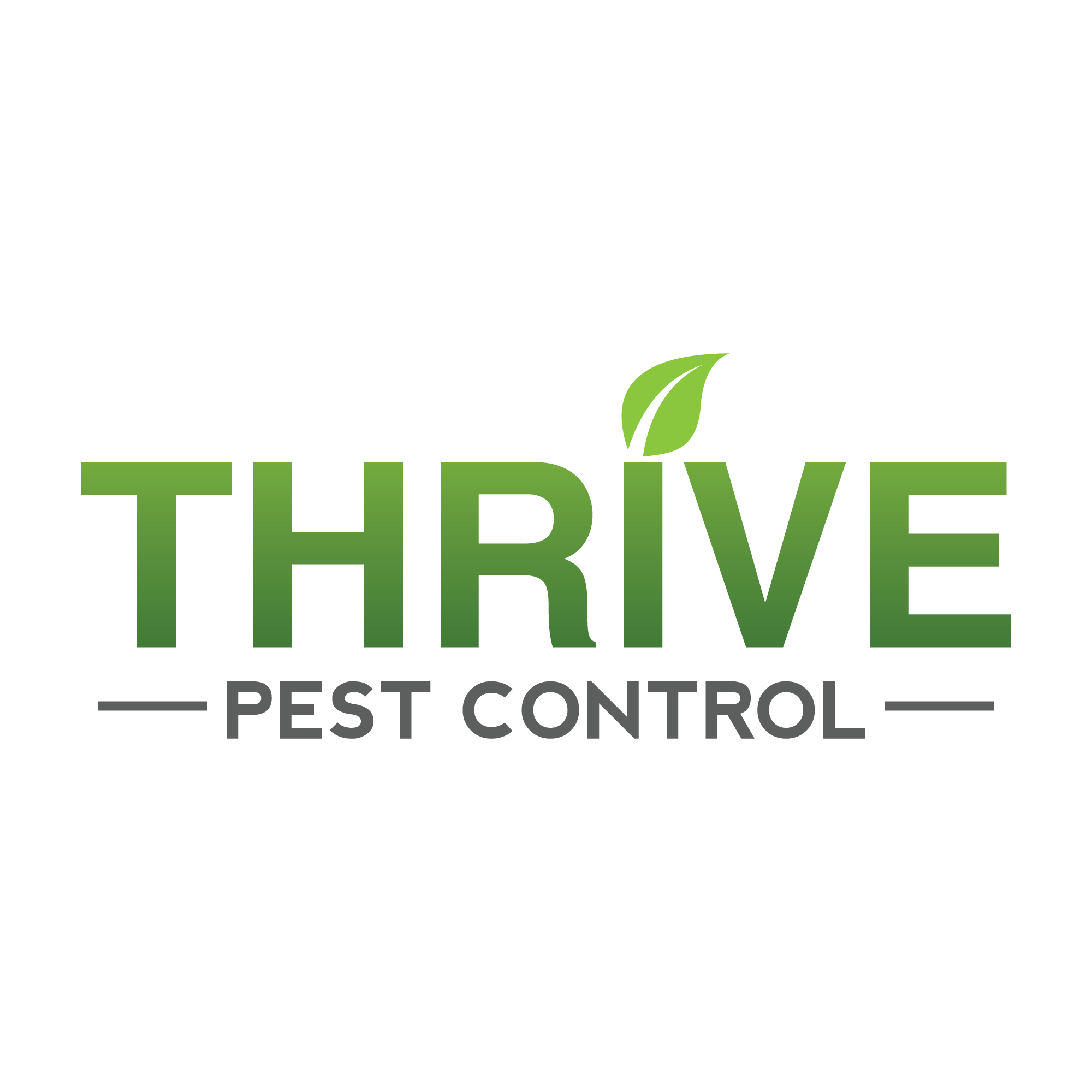
Worse, since termites can damage the structural integrity of a home, you run the chance of them putting your family at further risk. The more quickly that you can identify a termite problem, the better. This is important when it comes to minimizing damage and ensuring that the termite infestation can be dealt with as quickly as possible.
While some people look to treat termites on their own, it is imperative to work with a professional on this matter. This will ensure that the problem is not only handled, but can also stop it from resurfacing again at a later time.



